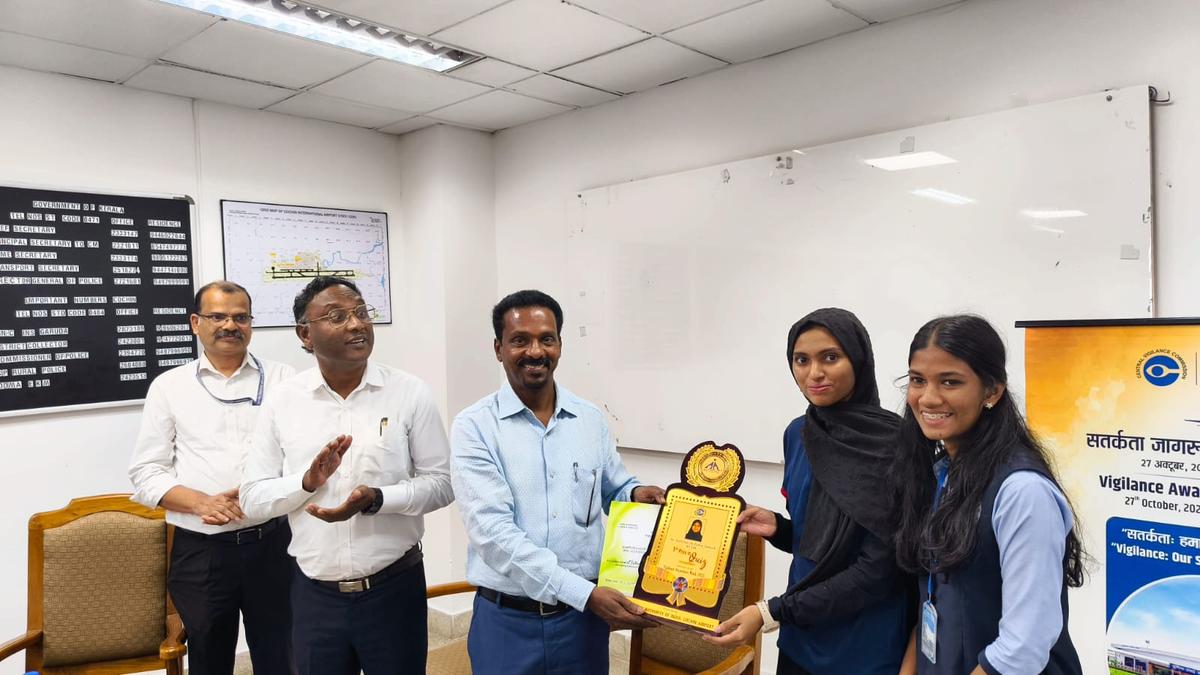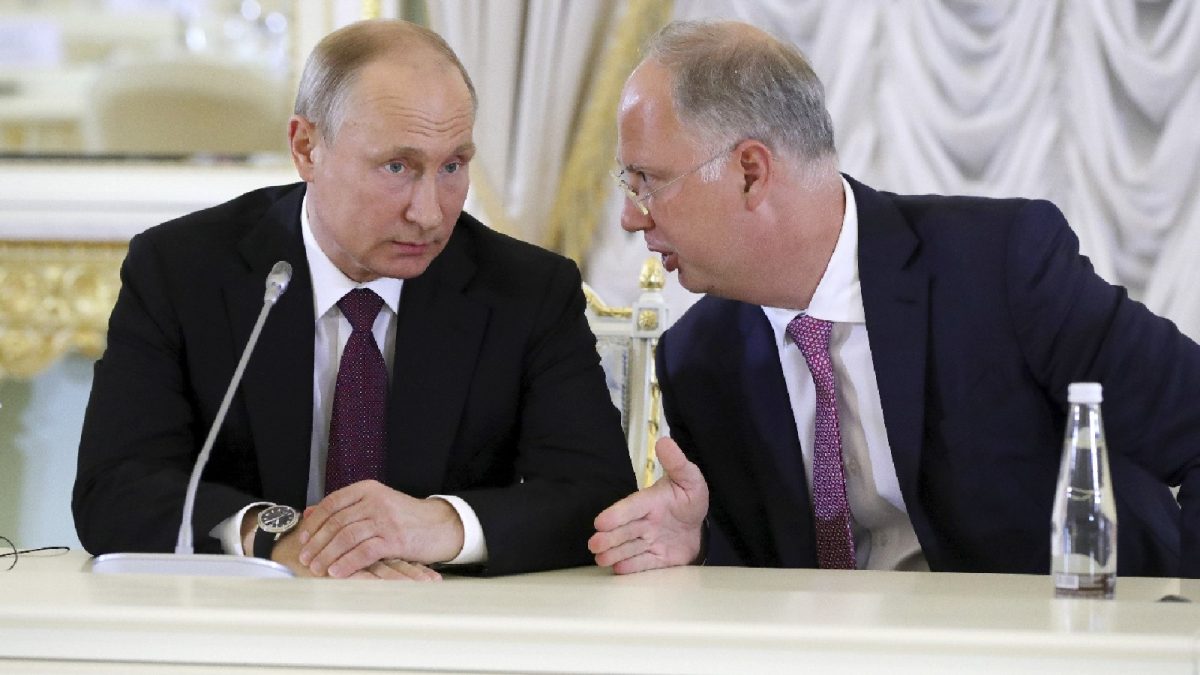ARTICLE AD BOX
Last Updated:November 03, 2025, 10:06 IST
The integrated mechanism is also expected to enhance India’s compliance with global anti-terror financing frameworks and strengthen its case against international terror outfits

The initiative aims to identify and neutralise hidden and unknown terror networks by tracing irregular money flows, suspicious transactions, and undeclared linkages among individuals and organisations. (Pixabay)
In a renewed push to dismantle the financial backbone of terrorism, the government is in the process of formulating a Standard Operating Procedure (SOP) to coordinate efforts among top financial and enforcement agencies dealing with terrorism. The initiative aims to identify and neutralise hidden and unknown terror networks by tracing irregular money flows, suspicious transactions, and undeclared linkages among individuals and organisations.
According to government officials aware about the development, the move will bring together the Central Board of Direct Taxes (CBDT), the Enforcement Directorate (ED), and the Financial Intelligence Unit–India (FIU) under a unified framework. These agencies will jointly analyse patterns of financial irregularities, share intelligence, and conduct synchronised investigations into cases that may involve the movement of funds for terror-related activities.
“The idea is to make financial data analysis the first line of defence against terrorism," said a senior official involved in the discussions. “By following the money trail, agencies can uncover networks that might otherwise remain invisible through conventional policing or intelligence methods."
The proposed SoP will establish a structured process for identifying red flags such as unexplained remittances, layering of funds through multiple accounts, suspicious NGO donations, and the use of shell companies or hawala channels. Officials said the framework will also focus on strengthening inter-agency information exchange and improving coordination between central and state-level enforcement units.
A Data-Driven Approach
Officials say the new SOP will build upon these foundations by introducing data analytics and technology-based monitoring tools. The goal is to detect “hitherto unknown terror networks" by connecting financial dots across various databases from tax filings and bank reports to suspicious transaction alerts and cross-border remittance data.
“The focus is shifting from reactive investigation to proactive detection. A coordinated, data-driven system will help agencies act faster, prevent fund diversion, and target the masterminds behind these financial operations," a government source said.
The integrated mechanism is also expected to enhance India’s compliance with global anti-terror financing frameworks and strengthen its case against international terror outfits operating through financial proxies.
By uniting financial intelligence, enforcement, and policy coordination, the government hopes to choke off the economic channels that sustain terrorism—ensuring that every suspicious rupee is tracked, traced, and stopped before it can be weaponised.
Existing Measures By MHA
Ministry of Home Affairs (MHA) has taken steps to combat the financing of terrorism in India. The MHA says that a Combating Financing of Terrorism (CFT) Cell was established in 2011 to coordinate with various intelligence and enforcement agencies to prevent the flow of funds to terrorist outfits.
The Terror Funding and Fake Currency Cell (TFFC), functioning within the National Investigation Agency (NIA), investigates and prosecutes cases involving terror funding and the circulation of Fake Indian Currency Notes (FICN). Additionally, a FICN Coordination Centre (FCORD) operates as a nodal platform for sharing intelligence and information among central and state security agencies to counter the circulation of fake currency across the country.
The MHA further highlighted that the government continues to monitor suspicious financial transactions, NGOs, and hawala channels in coordination with financial intelligence units and law enforcement bodies. These measures are complemented by stringent international sanctions implemented through United Nations Security Council Resolutions (UNSCRs) 1267 and 1373, as well as Section 51(A) of the Unlawful Activities (Prevention) Act, 1967 (UAPA). These legal provisions empower authorities to freeze, seize, or attach funds and properties belonging to terrorist organisations and individuals, restrict the movement of funds, and impose travel bans on designated persons.

With over 15 years of journalistic experience, Ankur Sharma, Associate Editor, specializes in internal security and is tasked with providing comprehensive coverage from the Ministry of Home Affairs, paramilitar...Read More
With over 15 years of journalistic experience, Ankur Sharma, Associate Editor, specializes in internal security and is tasked with providing comprehensive coverage from the Ministry of Home Affairs, paramilitar...
Read More
First Published:
November 03, 2025, 10:06 IST
News india Govt To Step Up War On Terror Financing, Plans Unified SoP For Tracking, Tracing 'Unknown Networks'
Disclaimer: Comments reflect users’ views, not News18’s. Please keep discussions respectful and constructive. Abusive, defamatory, or illegal comments will be removed. News18 may disable any comment at its discretion. By posting, you agree to our Terms of Use and Privacy Policy.
Read More

 14 hours ago
5
14 hours ago
5







 English (US) ·
English (US) ·